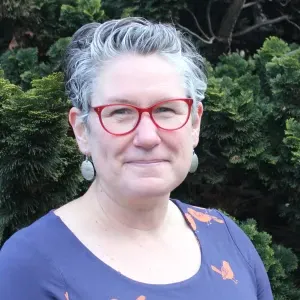Center for the Environment, Ecological Design & Sustainability (CEEDS)
The Center for the Environment, Ecological Design and Sustainability (CEEDS) exists with one purpose: We facilitate academic and applied experiences for students that help them excel at integrating knowledge across disciplines, in support of environmental decisions and action.
We work to integrate sustainable practices into Smith’s operations and connect campus operations with student learning. We also support faculty in their efforts to deepen their understanding of salient environmental issues and to integrate those issues into the curricula. We promote institutional innovation and progress toward the college’s commitment to be a model of sustainability.
Want to see what we’ve been up to? Check out our newsletter and our newsletter archive.

Our Mission
The mission of CEEDS is to catalyze, enable, and support campus inquiry and action toward positive sustainable change at Smith and in the world by engaging our community through academics, college operations, co-curricular programming, and research.
We support the Environmental Science and Policy program, offer the Environmental Concentration, act as an internal consultant for sustainable operations, manage the MacLeish Field Station, direct the Spatial Analysis Lab, host numerous internships and independent studies, offer a welcoming space for people to gather, connect, and learn, and are an intersection for students and faculty to explore how and where to make change.
Meet the Team
Engaging with CEEDS
Contact CEEDS
Wright Hall 005
Smith College
Northampton, MA 01063








